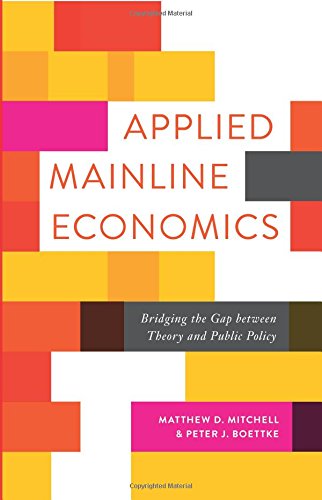

Most ebook files are in PDF format, so you can easily read them using various software such as Foxit Reader or directly on the Google Chrome browser.
Some ebook files are released by publishers in other formats such as .awz, .mobi, .epub, .fb2, etc. You may need to install specific software to read these formats on mobile/PC, such as Calibre.
Please read the tutorial at this link. https://ebooknice.com/page/post?id=faq
We offer FREE conversion to the popular formats you request; however, this may take some time. Therefore, right after payment, please email us, and we will try to provide the service as quickly as possible.
For some exceptional file formats or broken links (if any), please refrain from opening any disputes. Instead, email us first, and we will try to assist within a maximum of 6 hours.
EbookNice Team

Status:
Available0.0
0 reviewsHow do human societies work, and how can we make them work better? What methods, ideas, and strategies should we use to help us answer these questions? Economists have more empirical tools—more data and more sophisticated ways of testing those data—than ever before. But unless those who employ these techniques also practice what the authors call “mainline” economic thinking, these new empirical methods are liable to generate more heat than light.
In this book, Matthew D. Mitchell and Peter J. Boettke summarize the ideas of mainline economics. They begin with a puzzle that has vexed economists for more than 200 years: Why are some societies fabulously wealthy while others are miserably poor? They briefly survey the empirical tools that might answer this question and show that this puzzle cannot be understood without grounding the analysis in theory, suggesting that the first place to start is with mainline economic theory. Throughout the discussion, they offer the reader examples of how these tools have helped researchers and policy analysts bridge the gap between ideas and real-world problems.